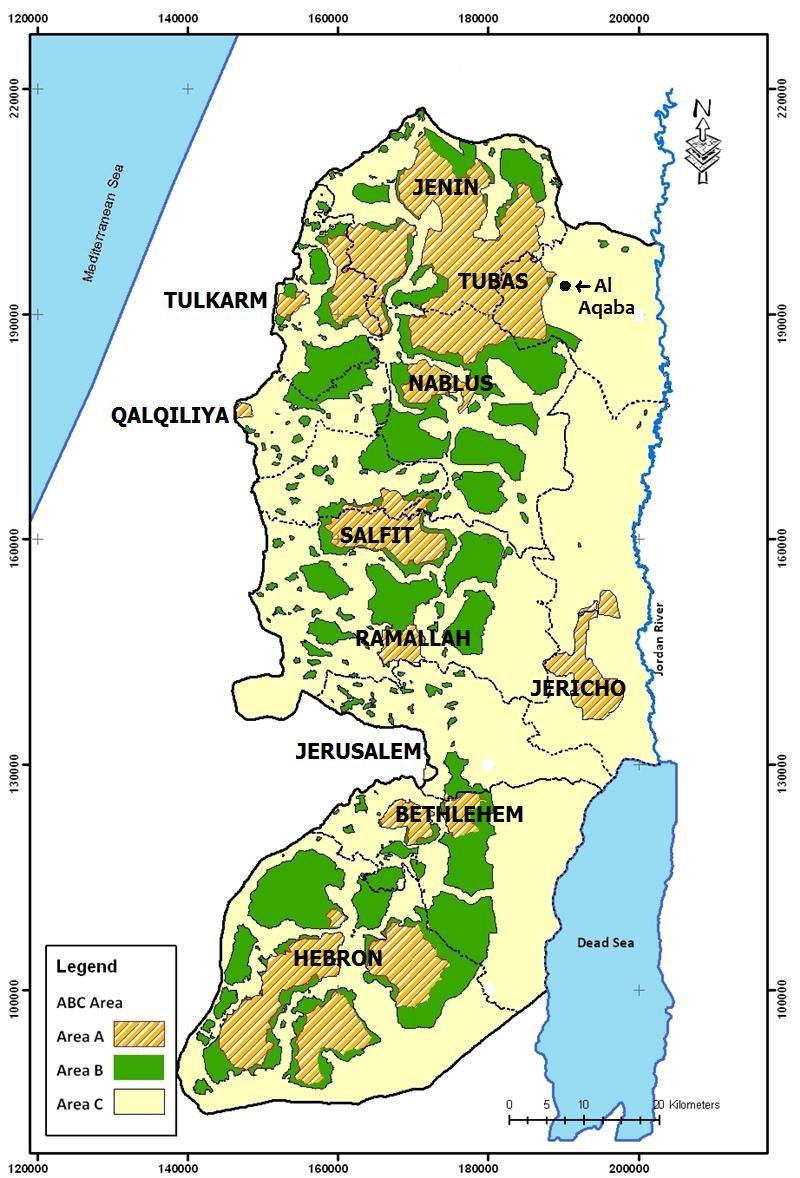toomuchtime_
Gold Member
- Dec 29, 2008
- 20,004
- 4,934
- Thread starter
- #61
Collectively, all the Israeli communities in Judea and Samaria take up less than 2% of the land, so it is certainly possible to form a contiguous state around them; furthermore, Gaza and the West Bank are separated by Israel, so in the event of peace accommodation would have to be made to allow them to operate as a single state, and that same accommodation would allow Israeli sovereignty over its communities in Judea and Samaria without obstructing the creation of a Palestinian state. Therefore either Gaza and the West Bank cannot become a single state or Israeli sovereignty over its communities in Judea and Samaria is not an obstacle to the formation of a Palestinian state.But since the Palestinians do not have a government that can credibly offer peace to Israel, none of that is possible.WHY NOT YOU DO as this is what the arab muslims forced through the LoN when trans Jordan was created under the same treaty as the Jewish national home. The other part of the law said that the arab muslims were not allowed to set up home in the Jewish national home and had their own lands to the east of the Jordan.
ONCE AGAIN ISRAEL COMPLIES WITH INTERNATIONAL LAWS AND THE ARAB MUSLIMS FLOUT THEM. NO JEWS IN JORDAN
I'm not sure what the hell that has to do with the conversation.
Plain and simple - I support the right of two people's self determination, with negotiated borders and no forced mass population transfers, and equal rights for all citizens.
There are a lot of reasons that make it less than possible:
Israel needs to have a negotiating partner that can speak for all Palestinians
Israel needs to halt the settlement building
Palestinians need to halt terrorist acts AND take responsibility for the criminals on their side
Both sides will need to sit down, put ALL cards on the table, and deal.
Israel's communties in Judea and Samaria collectively take up less that 2% of the land, so if there is peace, these are no obstacles to a Palestinians state, but if there is no peace, there will be no Palestinian state.
If you look at a map...it doesn't look like there are no obstacles - you can't create a viable and secure country that looks like swiss cheese. The more settlements there are, the harder it will be to create a coherent area. I think settlements are an obstacle to PEACE - one of many.
So before meaningful negotiations about a final status agreement can begin, the Palestinians must form a government that can credibly offer peace to Israel, and there is no possibility that will happen in the foreseeable future, meaning there is no possibility there will be a Palestinian state in the foreseeable future.
Agree, but about the need, but I'm not sure that it will not happen in the foreseeable future.
Therefore if you are interested in the welfare of the Palestinians as people, as opposed to a people, you will support negotiations about how to deal with their problems within the context of the status quo rather than give them false hope of something that cannot happen.
What sort of scenario do you invision here?
Furthermore, not only are these communities not obstacles to peace, but they are oases of peace in a turbulent region. Each day tens of thousands of Palestinians go to work in these communities earning two to six times what they could otherwise earn and hundreds of thousands of Palestinians would gladly work there if there were enough jobs. Israel has extended its labor protection laws to everyone who works for an Israeli employer, so there is no exploitation of the Palestinian workers. The Palestinian Authority passed a law a few years ago making it a crime to work in Israeli communities but it is universally ignored.
There is no plausible scenario under which the Palestinians can form a government that can credibly offer peace to Israel in the foreseeable future, so there is no plausible path to a Palestinian state in the foreseeable future.
The status quo, with the Palestinians Authority in areas A and B having 95+% of the powers of a sovereign state - unless feuding among the terrorist groups destroys what government structure they have - and Israel retaining control of are C, indefinitely because there is no viable alternative. Israel will continue to build within its existing communities and to create more communities, but only within its master plan which means no more that about 8% of Judea and Samaria will be developed for Israeli use. The Palestinians will prosper within this framework if they choose to live in peace with Israelis.
Today, tens of thousands of Palestinians prosper by going to work in Israel's communities in Judea and Samaria, and they also go there to shop as Israelis from these communities go to many of the nearby Arab villages to shop, and it is these mutually beneficial transactions that are the path to peace, not UN resolutions that give the Arabs false hopes and inspire terrorism that will make their lives more difficult. The more Israel builds in Judea and Samaria, the more peace and prosperity it brings to the Arabs in the area.
